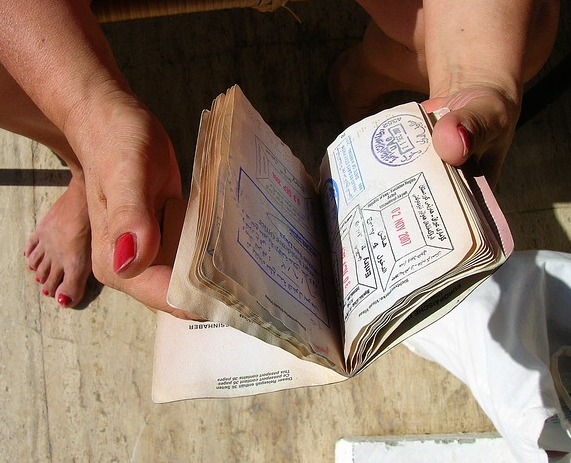Electronic Visa Update System, EVUS, is an automated travel system created by the U.S. Customs and Border Protection to be used to determine the eligibility of the Chinese nationals to the U.S. with a 10- year B1/B2, B1 or B2 U.S. nonimmigrant visa that came to effect on November 29, 2016. How do they control the EVUS status?The system facilitates the periodic collection of update of biographical information as an added security measure for admissibility check to the U.S. for these visa type holders. Eligible candidates are to enroll by filling their biographical information in the EVUS Form at least 72 hours before departure for U.S. to avoid possible delays. A successful EVUS enrolment is valid for two consecutive years in which a traveler may make multiple trips to the U.S. for business or leisure until the passport or visa expires, whichever comes first.
Who Are Eligible for EVUS
All citizens and nationals of the People’s Republic of China (PRC) who hold these visa types are required to enroll for EUVS before traveling to the U.S. for temporary business or leisure. Also includes citizens from Hong Kong, Macau, and Taiwan traveling with PRC’s passport. Upon EVUS expiry, applicants are required to reapply and update their information in the EVUS system before traveling to the United States again. Other countries which include; Mexico, Argentina, Venezuela, among others will soon be required to start using this system to travel to the U.S.
Requirements for EVU Application
EVUS enrolment is a mandatory condition for all holders of a 10- year visitor visa, class B1, B2 or B1/B2 wishing to travel to the U.S. for temporary business or tourism. In a case where an applicant has a valid visa in an expired passport, a new passport should be obtained before registering for EVUS. During the application process, the applicant will use the both the expired passport with the valid visa to apply for EVUS where the new passport acts as the first passport. All these must be presented while traveling to the U.S.










